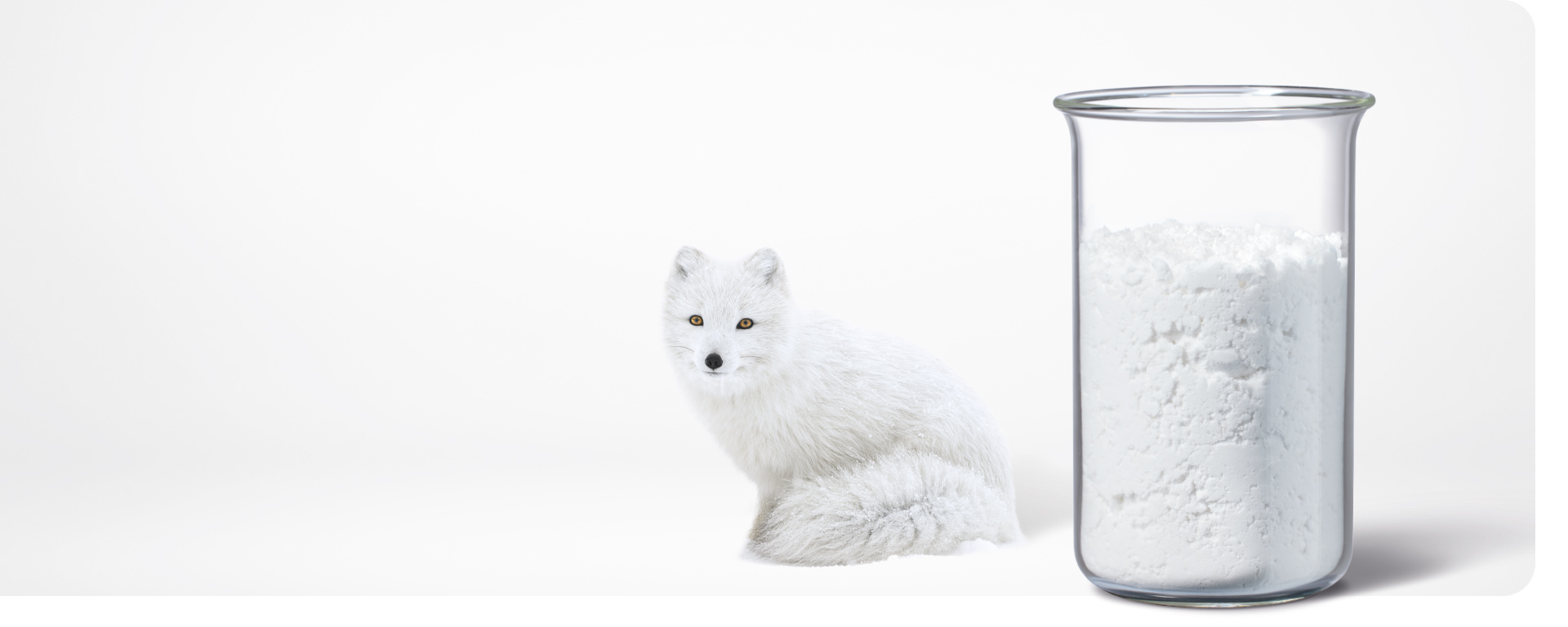A few years back, China decided to considerably cut back its rare earth exports. This was the trigger that led to a new German strategy for raw materials
Search
REMONDIS’ business locations around the world
Being one of the world’s leading recycling, service and water companies, REMONDIS has around 1,000 business locations across the globe. These can be found in over 30 countries in Europe, Africa, Asia and Australia.
REMONDIS’ business locations in Germany
REMONDIS’ business activities in Germany are managed and carried out by its six regional companies. REMONDIS also has a whole variety of specialist companies, many of which are based here in Germany as well.
By recovering raw materials and producing recyclates, the circular economy in general, and REMONDIS in particular, play a major role in helping to curb climate change.

It will be impossible to achieve the goal of limiting global warming to a maximum 2°C unless there is an about-turn and the world starts treating natural resources sustainably.
Recycling is climate action in practice
For many years, European and German climate policymakers focused almost entirely on becoming greener in the areas of energy and transport. The idea of switching from virgin to recycled raw materials was effectively ignored. Only now are the subjects of raw materials and recycling gaining more attention following the introduction of the European Green Deal. You can see for yourself just how warranted this is, simply by taking a look at the following pages. We have put together a summary of the main facts and figures about the individual recyclable material streams – including how they help curb climate change.
The amount of energy saved by recycled raw materials (maximum value per tonne of recycled material used); Source: Statusbericht Kreislaufwirtschaft [Status Report of the German Circular Economy] 2020

Click now to find more detailed information
Big differences between the various recyclable raw materials
It is difficult to make blanket statements about the volumes of recyclable raw materials as the situation differs greatly between the various types of material. Indeed, it can almost be called a case of historical inequality. Well-functioning collection schemes and recycling systems have been in place for standard materials such as old paper, old glass and old metal for many years now. Which is why not only the recycling rates are high here but also the use of the recycled materials to make new products. At the other end of the scale is a range of substances such as rare earths. A nationwide recycling scheme – for example to recover them from e-waste – is still very much in its infancy and investment in this area is needed urgently. This is especially true as rare earths are being installed in more and more products in our high-tech world even though there are only limited primary resources available. Rare earths are mined in some areas of South America and Africa – the majority of them, though, are supplied by China. Germany and Europe, therefore, rely on imports which makes them highly dependent on other countries and prone to supply insecurity.
Paper, glass, tinplate and e-waste – raw materials can be recovered from all of them




